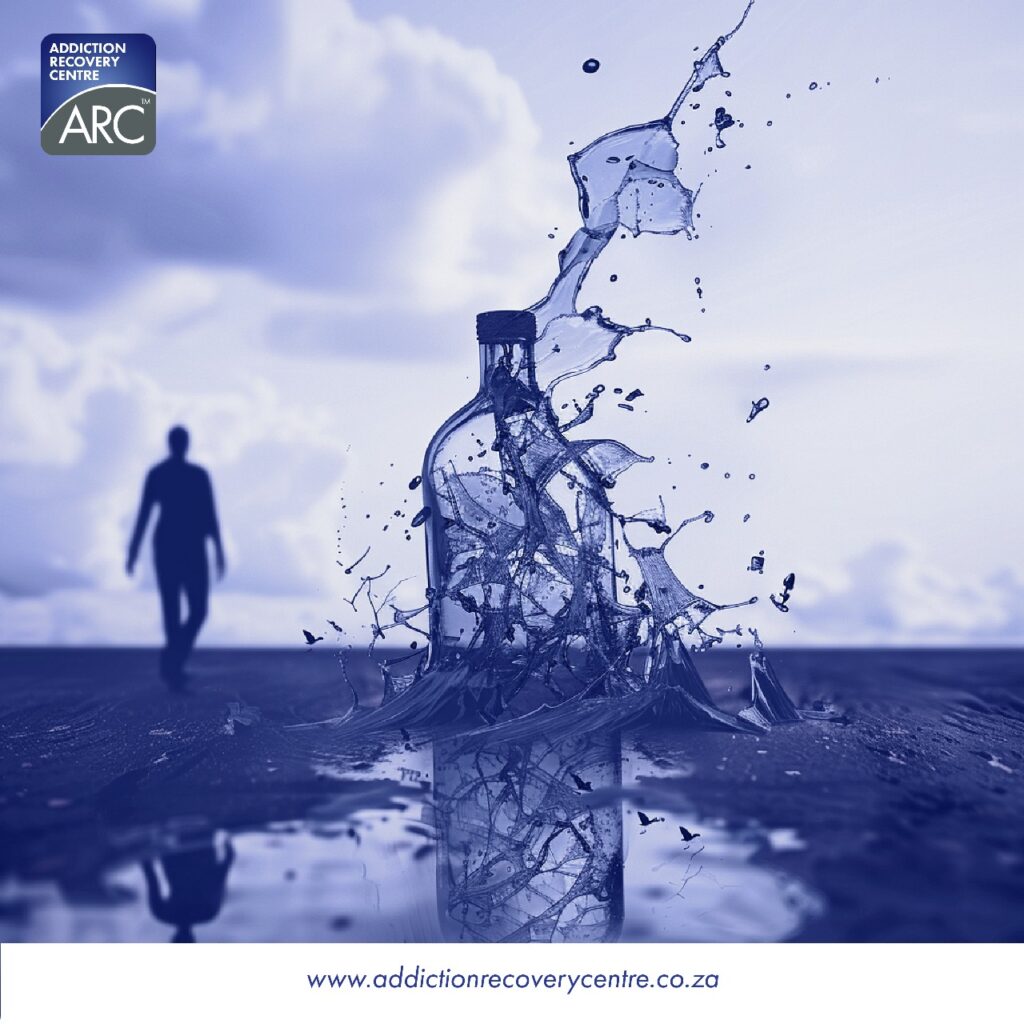
Impact of Alcohol on Relationships
Impact of Alcohol on Relationships
Alcohol can severely impact your relationships, causing misunderstandings and eroding trust. It distorts your perceptions, leading to miscommunications and emotional distance. As drinking takes priority, loved ones may feel neglected and hurt. The cycle can create guilt and shame, complicating communication further. Acknowledging the damage and fostering open dialogue can help rebuild what’s been lost. There are strategies to recover, and learning more can guide you on this important journey.
Understanding the Connection Between Alcohol and Relationship Dynamics
When you consider how alcohol can influence relationships, it’s clear that excessive drinking often leads to misunderstandings and conflict.
Alcohol can distort perceptions, making you misinterpret intentions or words. As you drink, your emotional responses can intensify, resulting in heated arguments over minor issues.
Friends or partners may feel neglected when one person prioritizes drinking over quality time together. This behavior can lead to feelings of resentment or abandonment.
Additionally, alcohol impairs judgment, causing you to act in ways you might later regret, further complicating relationship dynamics.
Recognizing these patterns can help you address issues before they escalate, fostering healthier interactions and rebuilding trust.
Ultimately, understanding this connection is essential for nurturing and maintaining meaningful relationships.
The Effects of Alcohol Abuse on Communication and Trust
Alcohol abuse considerably disrupts communication and trust in relationships, often leading to misunderstandings and emotional distance.
When you drink excessively, your ability to express feelings and listen effectively diminishes. Misinterpretations become common, causing arguments and resentment. Trust erodes as partners may hide their drinking habits or lie about their behavior, creating a cycle of deceit.
You might find yourself questioning your partner’s intentions, further straining the relationship. As trust diminishes, intimacy suffers, leaving both partners feeling isolated.
Rebuilding communication and trust requires acknowledging the issues and seeking help. Open conversations about alcohol’s impact on your relationship can pave the way for healing and reconnecting, but it takes commitment and effort from both sides.
Impact on Family and Friend Relationships
While steering through the challenges of alcohol abuse, you may find that your relationships with family and friends suffer considerably.
The unpredictability of your behavior can create tension and strain, leading loved ones to feel hurt, confused, or even angry. They might struggle to understand why you’ve changed and may withdraw emotionally or physically.
Trust, once a foundational element, can erode as your priorities shift towards alcohol. You might miss important family events or neglect friendships, leaving those who care about you feeling unvalued and isolated.
The cycle of guilt and shame can further complicate these connections, making it harder to communicate openly.
Ultimately, alcohol can create a significant rift, impacting the support systems that are essential for your well-being.
Strategies for Rebuilding Relationships Affected by Alcohol
Rebuilding relationships affected by alcohol requires intentional effort and commitment.
First, acknowledge the damage caused and take responsibility for your actions. Open communication is essential; share your feelings honestly and listen to theirs.
Create a safe space for discussions, free from blame and judgment. Establish trust by being consistent and reliable; follow through on your promises.
Set clear boundaries to protect both parties and guarantee mutual respect. Engage in activities together that foster connection, like spending quality time or attending support groups.
Finally, seek professional help if needed, such as therapy or counseling, to navigate complex emotions.
The Role of Support Systems in Relationship Recovery
Support systems play an essential role in recovering relationships affected by addiction, as they provide the necessary encouragement and understanding during challenging times. Surrounding yourself with supportive friends, family, or support groups can help you navigate the emotional ups and downs of recovery.
These people offer a safe space for you to express your feelings and fears without judgment. They remind you that you’re not alone in this journey. Additionally, engaging with a therapist can provide valuable insights and coping strategies, further strengthening your relationships.
Frequently Asked Questions
How Does Alcohol Affect Intimacy in Relationships?
Alcohol can impair intimacy in relationships by reducing emotional connection and increasing misunderstandings. You might find yourself feeling distant or unable to communicate effectively, which can lead to conflict and decreased relationship satisfaction.
Can Alcohol Dependency Lead to Relationship Violence?
Yes, alcohol dependency can lead to relationship violence. It often exacerbates aggression and impairs judgment, increasing the likelihood of conflict. Recognizing these patterns is essential for breaking the cycle and seeking help.
What Signs Indicate Alcohol Is Harming a Relationship?
If alcohol’s harming your relationship, you might notice increased arguments, emotional distance, or neglect of responsibilities. You may feel isolated, anxious, or resentful, and your partner’s behavior could become erratic or unpredictable. Pay attention to these signs.
How Can Couples Communicate About Alcohol Issues?
You can communicate about alcohol issues by setting a calm time to discuss feelings openly. Use “I” statements, listen actively, and express concerns without blame. Focus on finding solutions together to strengthen your relationship.
What Role Does Counseling Play in Relationship Recovery?
Counseling plays an essential role in relationship recovery by facilitating open communication, addressing underlying issues, and providing tools for conflict resolution. It helps you and your partner rebuild trust, strengthen bonds, and foster healthier dynamics together.
Understanding the impact of alcohol on your relationships is essential for healing. By recognizing how it affects communication and trust, you can begin to mend the rifts that have formed. Remember, it’s never too late to rebuild those important connections. With the right strategies and a strong support system, you can foster healthier relationships and create a brighter, more connected future. Take the first step toward recovery—your loved ones are worth it.
